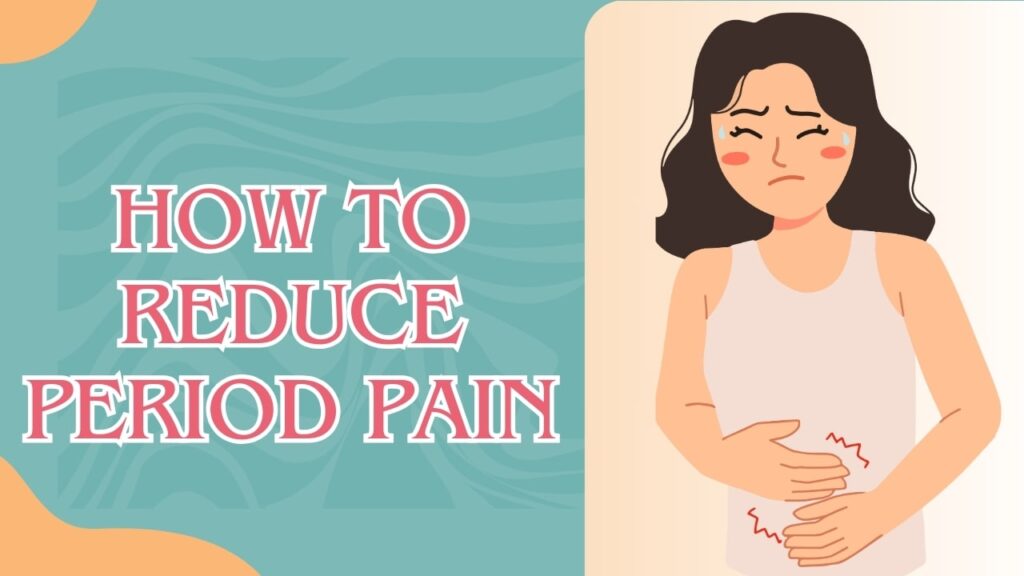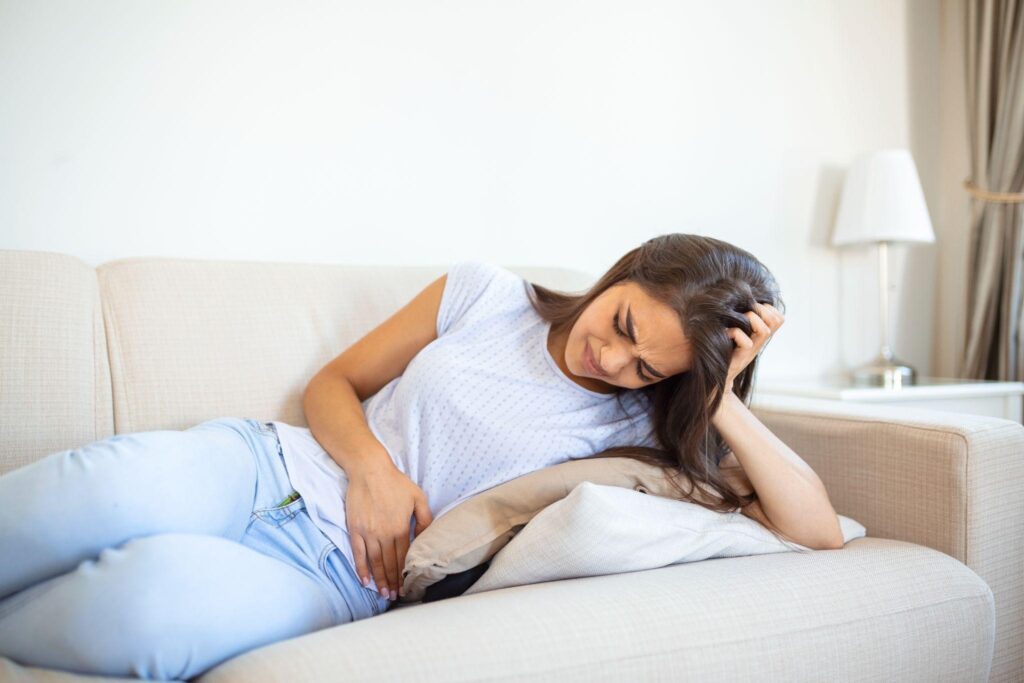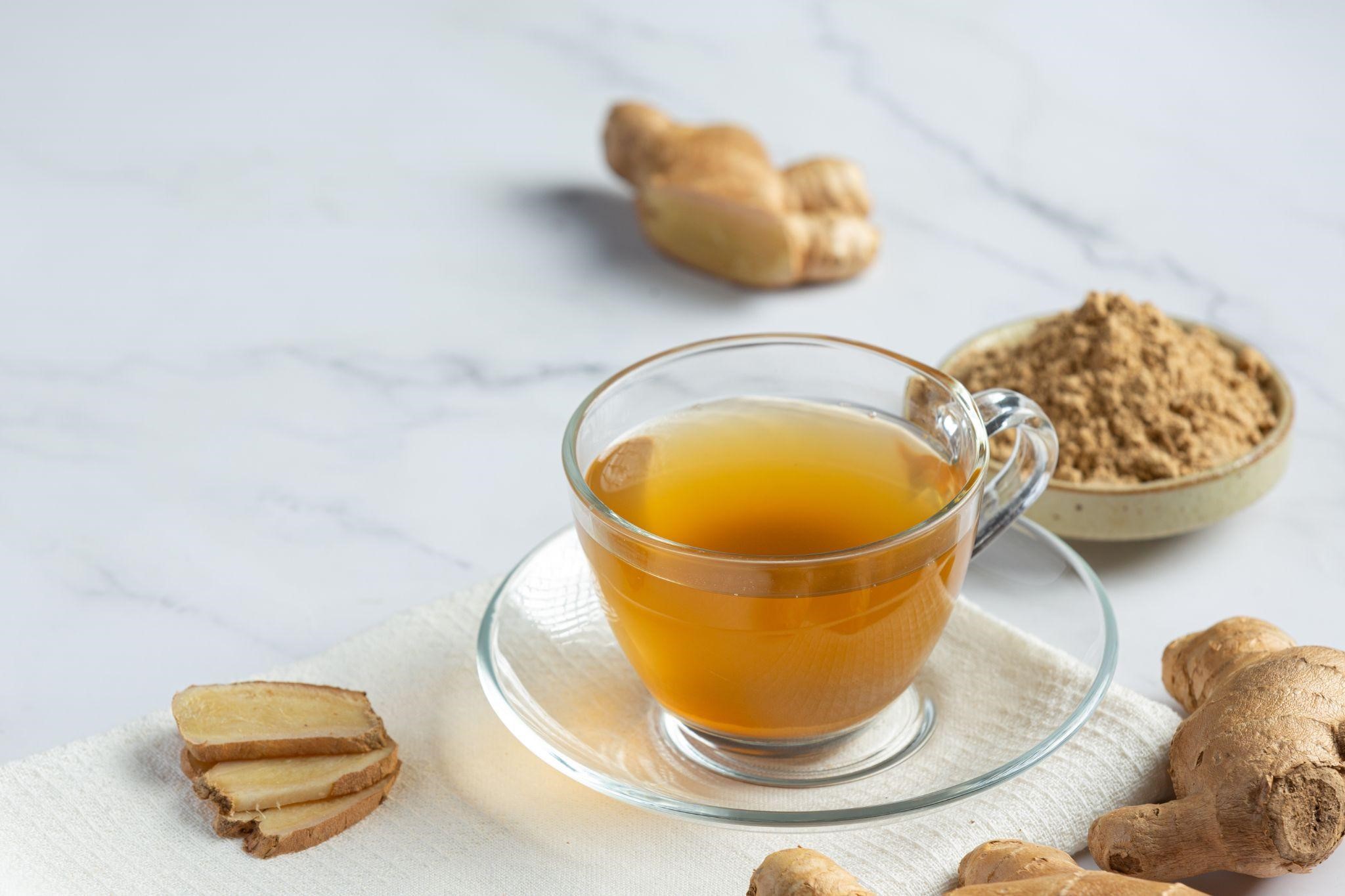Last updated on July 4th, 2025 at 06:29 pm
 Ways to Reduce Period Pain: For many individuals, menstruation brings not only a monthly shedding of the uterine lining but also a slew of discomforts, among them, the dreaded period pain. While experiencing pain during menstruation is common, it doesn’t have to be an inevitable part of the menstrual cycle.
Ways to Reduce Period Pain: For many individuals, menstruation brings not only a monthly shedding of the uterine lining but also a slew of discomforts, among them, the dreaded period pain. While experiencing pain during menstruation is common, it doesn’t have to be an inevitable part of the menstrual cycle.
Medically known as dysmenorrhea, period pain can manifest as cramping, aching, or sharp pains in the lower abdomen, back, and thighs. It typically occurs just before or during menstruation and can range from mild to severe, significantly impacting daily activities and overall well-being.
While the exact cause of period pain isn’t fully understood, it’s believed to be primarily due to the release of prostaglandins—hormone-like substances that trigger uterine contractions to expel the uterine lining. Higher levels of prostaglandins can lead to stronger and more painful contractions, resulting in increased discomfort.

How to Reduce Period Pain?
Now, let’s explore evidence-based strategies to reduce period pain and improve menstrual health:
Lifestyle Modifications
Regular Exercise: Engaging in physical activity can help reduce period pain by promoting blood circulation, releasing endorphins (natural painkillers), and reducing stress levels. Aim for at least 30 minutes of moderate exercise, such as walking, swimming, or yoga, several times a week.
Healthy Diet: Incorporate foods rich in omega-3 fatty acids, such as fatty fish, flaxseeds, and walnuts, which possess anti-inflammatory properties and may help alleviate menstrual pain. Additionally, minimize consumption of caffeine, alcohol, and processed foods, as they can exacerbate inflammation and discomfort.
Dietary Supplements
Magnesium: Studies suggest that magnesium supplementation may help reduce period pain by relaxing uterine muscles and easing cramps. Consider adding magnesium-rich foods like leafy greens, nuts, and whole grains to your diet or taking a magnesium supplement under the guidance of a healthcare provider.
Vitamin B6: Vitamin B6 has been shown to regulate hormonal activity and may alleviate premenstrual symptoms, including period pain. Include foods high in vitamin B6, such as poultry, fish, bananas, and chickpeas, in your diet.
Heat Therapy
Applying heat to the lower abdomen and back can provide quick and effective relief from menstrual cramps. Use a heating pad, hot water bottle, or warm towel and gently place it on the painful area for 15-20 minutes. Heat helps to relax the muscles, increase blood flow, and alleviate discomfort.
Herbal Remedies
Ginger: Known for its anti-inflammatory and analgesic properties, ginger may help reduce period pain and nausea associated with menstruation. Brew ginger tea by steeping fresh ginger slices in hot water or incorporate ginger into your meals and snacks.

Chamomile: Chamomile tea is prized for its calming effects and may help relieve muscle tension and menstrual cramps. Sip on a cup of chamomile tea throughout the day or before bedtime to promote relaxation and ease discomfort.
Mind-Body Techniques
Meditation and Deep Breathing: Practicing mindfulness meditation and deep breathing exercises can help reduce stress, promote relaxation, and alleviate menstrual pain. Find a quiet space, close your eyes, and focus on your breath, inhaling deeply through your nose and exhaling slowly through your mouth.
Progressive Muscle Relaxation: This technique involves tensing and then relaxing different muscle groups in the body, promoting overall relaxation and reducing muscle tension. Start with your toes and work your way up to your neck and shoulders, releasing any tension as you go.
Over-the-Counter Medications
Nonsteroidal Anti-Inflammatory Drugs (NSAIDs): Ibuprofen, aspirin, and naproxen sodium are commonly used NSAIDs that can help relieve period pain by reducing inflammation and inhibiting prostaglandin production. Take these medications as directed on the package or as recommended by your healthcare provider.
For moderate to severe menstrual cramps, some patients may benefit from combination pain relief medicines. In such cases, consulting a doctor about options like Ultracet Tablet, which combines paracetamol and tramadol, may offer effective relief.
Hormonal Birth Control
For individuals experiencing severe or persistent period pain, hormonal birth control methods, such as the pill, patch, or hormonal IUD, may be recommended. These methods work by regulating hormonal fluctuations, reducing the severity of menstrual cramps, and in some cases, eliminating periods altogether.
> Consult a Doctor and Medkart will help you Order Medicines Online
Conclusion:
Period pain is a common yet manageable aspect of menstruation that affects individuals differently. By adopting a holistic approach that encompasses lifestyle modifications, dietary supplements, heat therapy, herbal remedies, mind-body techniques, over-the-counter medications, and hormonal birth control, individuals can find relief from menstrual discomfort and improve their overall quality of life.
It’s essential to listen to your body, experiment with various remedies, and consult with a healthcare provider to develop a personalized plan that addresses your unique needs and preferences. Remember, menstrual health is an integral part of overall well-being, and prioritizing self-care during menstruation can lead to greater comfort, vitality, and empowerment.
Read: What are Generic Medicines?
FAQs on Ways to Reduce Period Pain
Q1. How to reduce period pain?
To reduce period pain, incorporate regular exercise into your routine, such as walking or yoga, to promote blood flow and release endorphins. Apply heat to the lower abdomen with a heating pad or hot water bottle to relax muscles and alleviate cramps.
Additionally, consider incorporating magnesium-rich foods or supplements, like vitamin B6, into your diet to help regulate hormonal activity and ease discomfort.
Q2. Can exercise help reduce period pain?
Yes, regular exercise, such as walking, yoga, or swimming, can alleviate period pain by promoting blood circulation, releasing endorphins, and reducing stress levels.
Q3. Is heat therapy effective for relieving menstrual cramps?
Absolutely, applying heat to the lower abdomen and back with a heating pad or hot water bottle can relax muscles, increase blood flow, and provide quick relief from menstrual cramps.
Q4. Are there any dietary supplements that can help ease period pain?
Yes, supplements like magnesium and vitamin B6 have been shown to reduce period pain by relaxing uterine muscles and regulating hormonal activity. Incorporating magnesium-rich foods or taking a supplement under guidance can be beneficial.
Related Links: